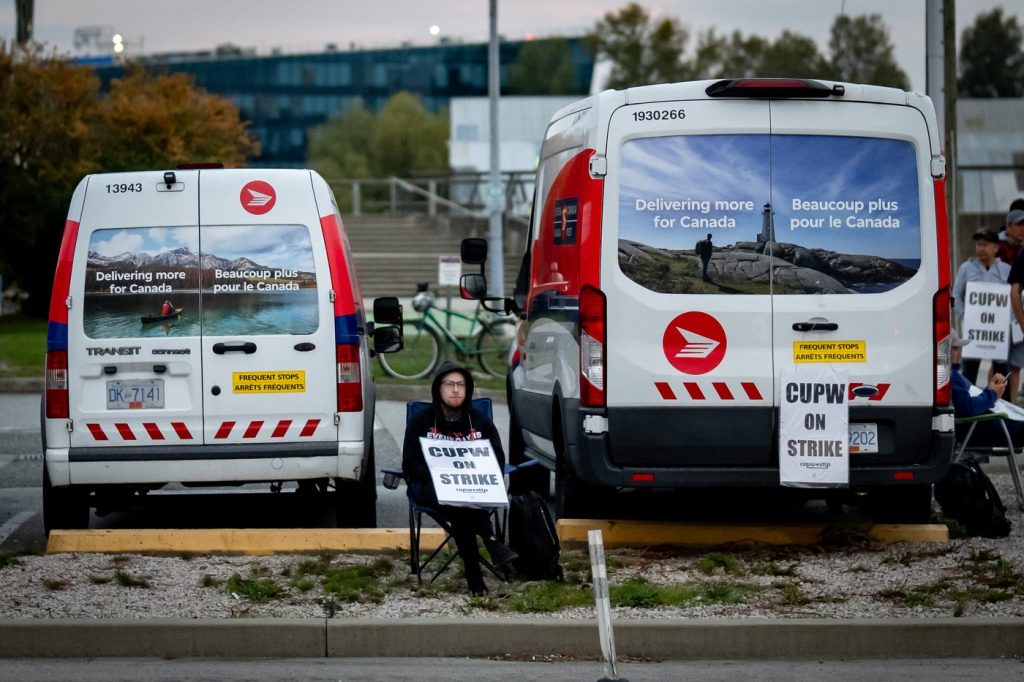The Canadian Union of Postal Workers has announced a shift from a countrywide strike to rotating strikes starting at 6 a.m. local time on Saturday, aimed at resuming mail and parcel deliveries across Canada. The decision follows a meeting with Joël Lightbound, the federal minister responsible for Canada Post, during which the union expressed its concerns regarding recent changes to the postal service's operational mandate. A follow-up meeting is scheduled for next week to discuss the ongoing situation further.
In economic news, Statistics Canada is set to release job data for September later today. A Reuters poll of economists anticipates Canadian employers added around 5,000 jobs last month, potentially rebounding from a loss of approximately 66,000 positions in August. However, TD's senior economist, Andrew Hencic, warns of a possible loss of 35,000 jobs in September and advises caution regarding the interpretation of the headline employment figures. This jobs report will be particularly significant as the Bank of Canada has recently reduced its policy rate to 2.5%, making the labour market data critical ahead of the central bank's rate decision scheduled for October 29.
Additionally, Prime Minister Mark Carney has instructed his cabinet ministers and secretaries of state to outline three to five "key objectives" intended to advance the Liberal government's core missions. In a letter dated July 8, Carney requested these priorities be submitted within three weeks, suggesting the use of existing resources. Earlier, in May, he had set forth an omnibus mandate outlining seven priorities for his cabinet, including forging a new economic and security relationship with the United States and lowering costs for Canadian citizens.
Concerns have also been raised regarding an online curriculum toolkit developed by the Alberta government for students amid a provincewide teachers' strike. Education professor Maren Aukerman described the nearly 200-page resource as "incoherent," noting it does not align well with the provincial curriculum. With Alberta's 51,000 teachers engaged in the largest strike in the province's history, the government has provided these online lessons for parents to use at home, while Aukerman criticized the content for its lack of continuity.
In Newfoundland and Labrador, advocates have raised alarms about the provincial government's housing policies, claiming that homeless residents are being relocated from their communities to towns with better resources but significant distances away. Sherri Chippett from the Newfoundland and Labrador Housing and Homelessness Network reported that individuals in need of housing previously had the option to remain in their home communities but are now often offered accommodations in places like Gander, an hour away, or sent to St. John's. This issue has arisen as the government attempts to reduce reliance on hotels and private shelters to address its growing homeless population.
Finally, Harry Potter author J.K. Rowling has publicly responded to the Vancouver Board of Parks, which recently voted to apologize for a Harry Potter event slated to occur in Stanley Park due to the author's controversial views on transgender issues. Rowling took to social media to comment that being disavowed by the board was "not much of a blow" and mockingly stated her lack of prior knowledge about any avowal from the board. She also expressed a desire to possess a "certificate of avowal" to hang in her workspace.











